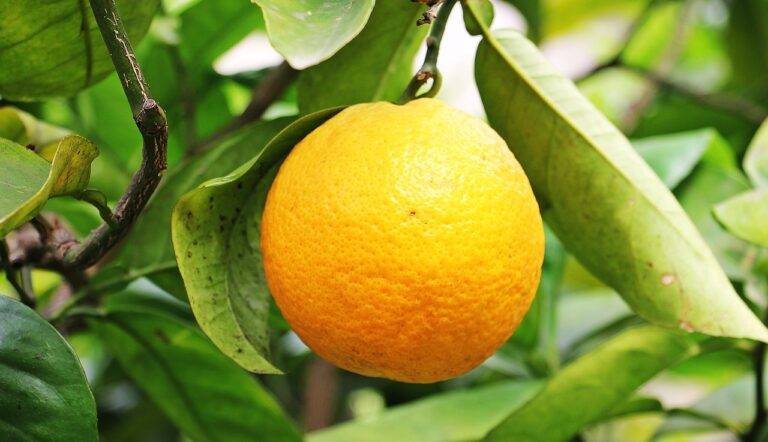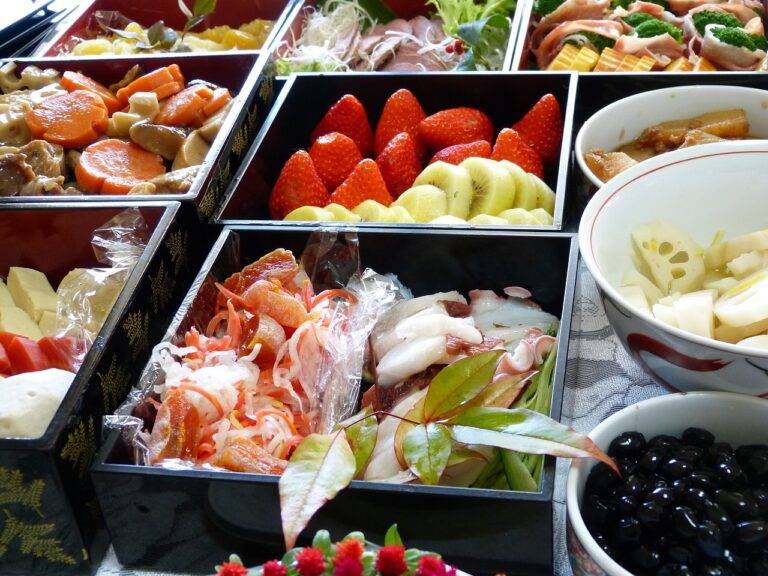From Farm to Fork: Understanding Sustainable Food Supply Chains
Inefficient transportation and distribution systems often lead to food wastage in conventional supply chains. The disjointed nature of the processes involved in bringing food from farms to consumers can result in delays, spoilage, and increased carbon emissions. Without proper coordination and real-time tracking mechanisms, the risks of food loss and quality degradation remain high.
Moreover, conventional supply chains are heavily reliant on single sourcing, leaving them vulnerable to disruptions caused by natural disasters, disease outbreaks, or geopolitical events. Lack of diversification in sourcing strategies can magnify the impact of these disruptions, leading to shortages and price fluctuations in the market. This fragility highlights the importance of building resilience through more robust and adaptive supply chain models.
Benefits of Implementing Sustainable Practices
Implementing sustainable practices in food supply chains can bring about a multitude of benefits for both producers and consumers. Sustainability initiatives such as reducing food waste, utilizing eco-friendly packaging, and promoting fair trade practices not only contribute to environmental conservation but also enhance brand reputation.
By adopting sustainable practices, food supply chain participants can mitigate risks associated with climate change and resource depletion. This proactive approach can lead to operational cost savings, improved efficiency, and increased competitiveness in the market. Additionally, consumers are increasingly drawn to sustainable products, making it a strategic business move for companies to prioritize sustainability in their supply chain operations.
Key Players in Sustainable Food Supply Chains
Sustainable food supply chains involve a range of key players who play crucial roles in ensuring the success and effectiveness of these systems. Farmers and growers are at the forefront of sustainable food production, implementing practices that minimize environmental impact and prioritize the well-being of both consumers and the planet. Their commitment to organic farming methods, crop rotation, and biodiversity conservation sets the foundation for a more sustainable food system.
Food retailers and distributors also play a vital role in sustainable food supply chains by connecting producers with consumers in ways that promote transparency and ethical practices. By sourcing locally produced goods, reducing food waste, and investing in eco-friendly packaging, these key players help to create a more sustainable and resilient food system that benefits both people and the environment.





